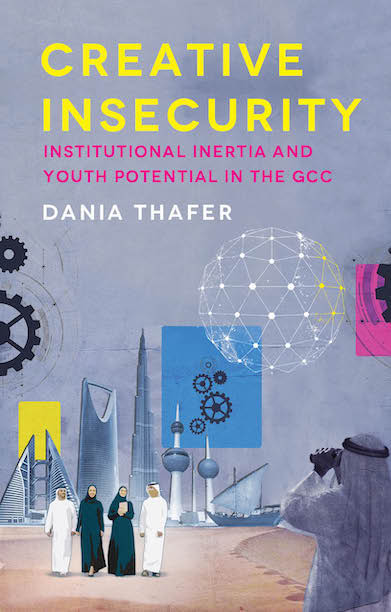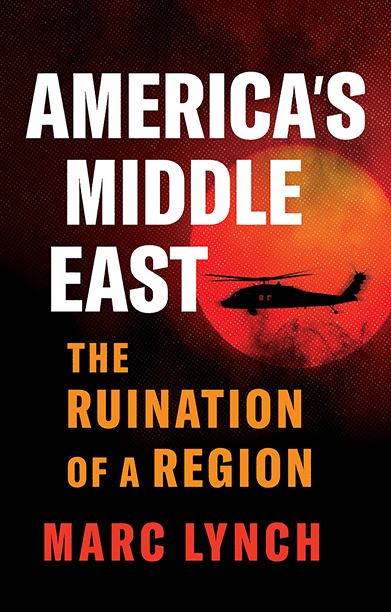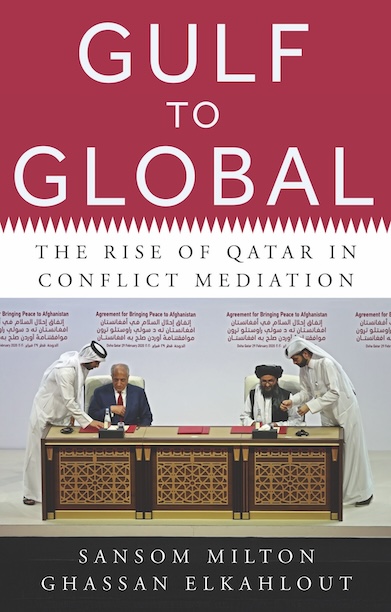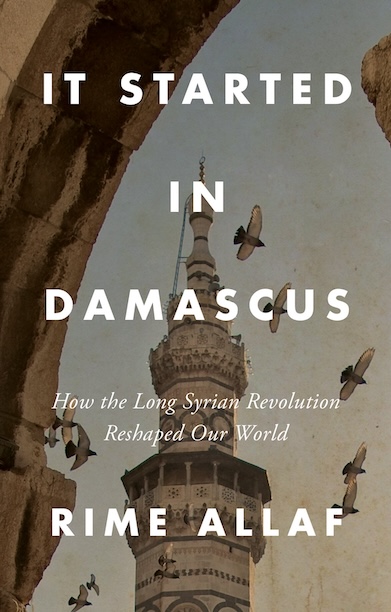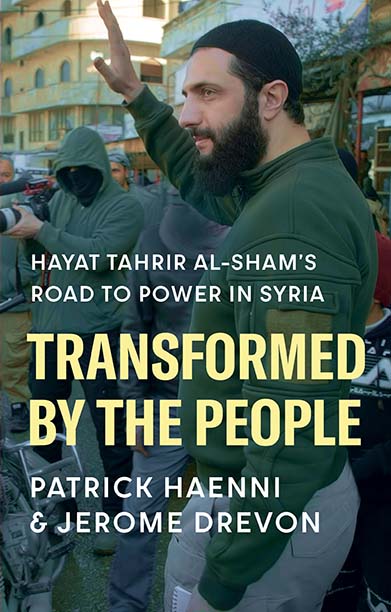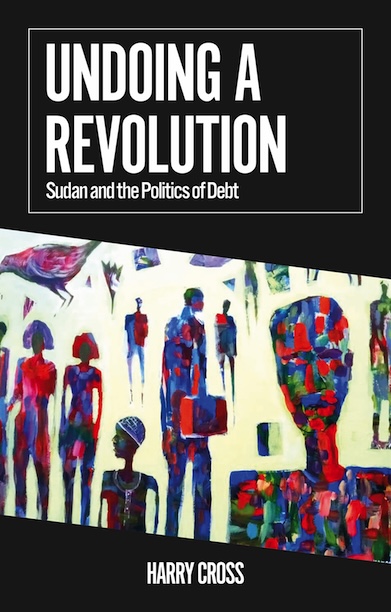Creative Insecurity
Institutional Inertia and Youth Potential in the GCC
An original and compelling analysis of opportunities for Gulf states to reap their ‘demographic dividend’ and nurture economic growth—if only they can reform their institutions.
Description
The Middle East is experiencing the world’s most prominent youth bulge. Yet many MENA economies’ institutional designs, both formal and informal, favour the power of business elites, systematically discriminating against young people joining the workforce or opening businesses, and thus limiting their ability to contribute to innovation.
Large youth populations can be a boon or a curse: nurtured and integrated, they can jumpstart stratospheric growth; but if alienated and confined, they can drain a society politically and economically. The Gulf Cooperation Council countries are no exception to this perilous dilemma. This book explores the problem through a new concept, ‘creative insecurity’: a state’s subjection to an institutional ecosystem that is suppressing opportunities for innovation—to the extent that it is causing economic and political vulnerabilities, which in turn threaten national security.
Creative insecurity threatens the longevity of many states today. In this original, incisive study, Dania Thafer argues that GCC member-states should make it a national security imperative to cash in their demographic dividend, by averting the deleterious effects of ill-disposed elite politics. Investing in an innovation ecosystem that harnesses the talent of the youth majority will be crucial for the GCC’s successful transition to the post-oil era.
Reviews
‘An innovative, detailed and rich examination of the policy dilemmas that look set to define the next stage of evolution in the Gulf States.’ — Kristian Coates Ulrichsen, Fellow for the Middle East, Baker Institute
‘A thoughtful, original analysis of critical links between demography, institutional arrangements, innovation and national security. Making significant contributions to the study of the political economies of Bahrain, Kuwait and Qatar, this is essential reading.’ — Mehran Kamrava, Professor of Government, Georgetown University in Qatar
‘Thafer applies critical political economy to address challenges facing Gulf states—rising youth populations, continued reliance on hydrocarbon wealth, stymied private sector development. Her work is timely, innovative, and much-needed to consider how states can break the “oil curse.”’ — Courtney Freer, Visiting Assistant Professor of Middle Eastern Studies, Emory University
‘An original analysis of youth in the Gulf states, offering valuable insights on the nexus of creative insecurity, state–market relations, governance, institutions, innovation, development and demographic dividends. A thought-provoking, invaluable read.’ — Abdullah Baabood, Chair of the State of Qatar for Islamic Area Studies, Waseda University
Author(s)
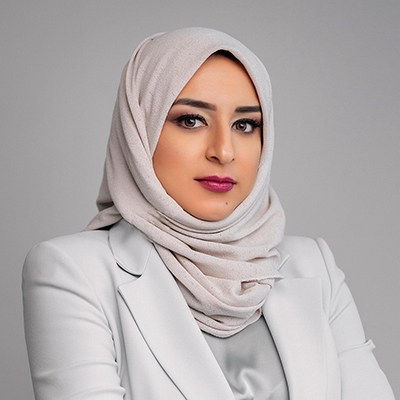
Dania Thafer is Executive Director of the Gulf International Forum and a professorial lecturer at Georgetown University. A political scientist by training, her research focuses on political economy and international relations. She has particular expertise in Gulf regional geopolitics, US–Gulf relations, and the political economy of the GCC states.
